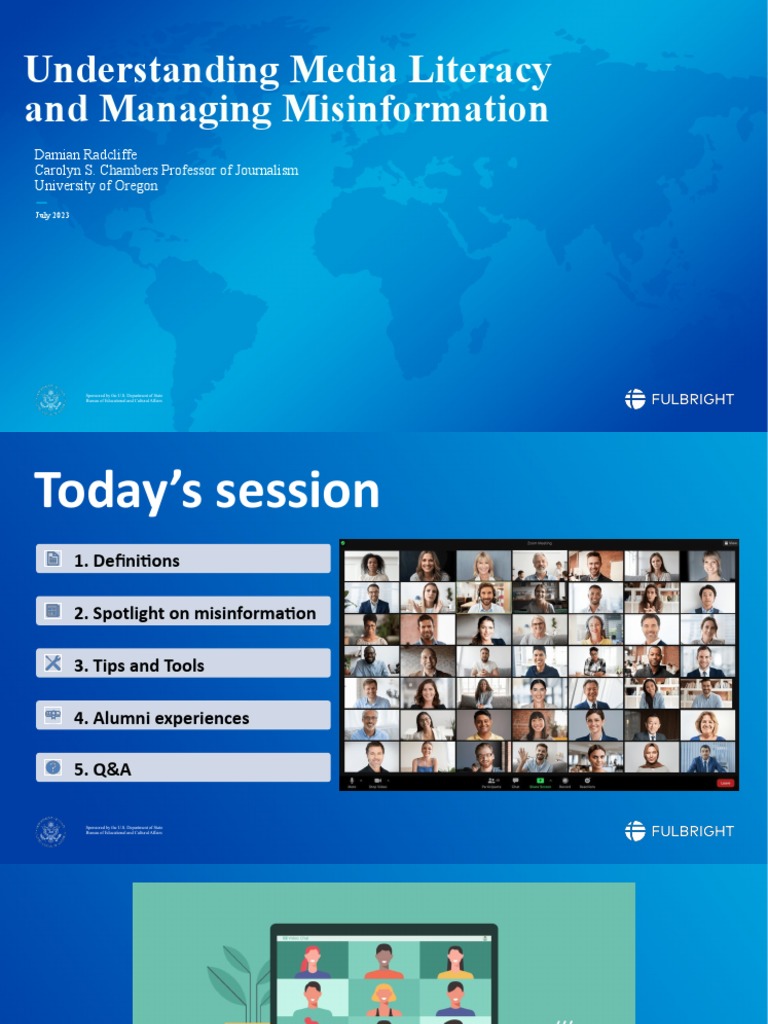In an age rife with misinformation, the quest for truth has become a formidable challenge. The Bahá’í Faith offers unique perspectives that can illuminate our understanding and guide us in navigating the tumultuous waters of falsehood. The teachings of Bahá’u’lláh extend an invitation to individuals not only to seek personal enlightenment but also to contribute to the collective well-being of society. This article elucidates key Bahá’í principles that can assist individuals in discerning truth amidst the cacophony of misinformation.
1. The Ontology of Truth: Recognizing Absolute vs. Relative Truth
Fundamental to Bahá’í teachings is the distinction between absolute and relative truths. Absolute truth refers to sacred and immutable principles, such as the oneness of humanity and the existence of God. In contrast, relative truths are those that vary based on individual perception and societal context. To navigate misinformation effectively, one must cultivate an understanding of these distinctions. By anchoring oneself in absolute truths, individuals can foster resilience against the ever-changing landscape of relative truths proliferated by misleading narratives.
2. The Importance of Independent Investigation
One of the hallmark principles of the Bahá’í Faith is the emphasis on independent investigation of truth. This tenet encourages individuals to seek knowledge through their own efforts rather than relying solely on established authorities or popular opinions. Engaging with diverse sources and scrutinizing evidence can lead to a more nuanced understanding of complex issues. In a world inundated with conflicting information, the ability to critically assess sources and discern fact from fallacy is paramount.
3. Fostering Universal Education
Bahá’í teachings advocate for universal education as a fundamental right and as a means toward personal empowerment. Education serves not only to equip individuals with the necessary tools for critical thinking but also to promote a collective consciousness oriented towards truth. By fostering an informed populace, societies can collectively resist misinformation, cultivating an environment where discernment and dialogue prevail over dogma and deception.
4. The Role of Spiritual Principles in Discernment
Spiritual principles, such as love, justice, and unity, provide a moral compass for individuals seeking truth. Embracing these principles can transform the way one approaches information. Without the influence of bias or prejudice, individuals can evaluate information through the lens of compassion and equity. Cultivating an interior disposition that prioritizes virtue over narrow self-interest allows for a more profound engagement with the complexities of the information landscape.
5. The Power of Prayer and Meditation
In Bahá’í belief, prayer and meditation are not merely adjuncts to spiritual practice but fundamental mechanisms for seeking truth. These acts enable individuals to center their thoughts and intentions, providing clarity of mind while fostering a connection with the divine. Through reflective practices, one can attain greater discernment, allowing for a more profound understanding of the surrounding world. This internal alignment is essential for combating the noise of misinformation that often leads individuals astray.
6. The Global Context of Truth
In a globally interconnected society, the repercussions of misinformation extend beyond individual dimensions to affect entire communities and nations. The Bahá’í perspective emphasizes the oneness of humanity, advocating for a collective responsibility to uphold the truth. Engaging actively with international discourse and understanding the interconnectedness of global issues is crucial. As misinformation can exploit geographical and cultural divides, cultivating a habit of seeking common ground can mitigate the fragmented narratives that thrive on discord.
7. Cultivating Discerning Friendships
Surrounding oneself with like-minded, discerning individuals can create a supportive environment conducive to the pursuit of truth. In the Bahá’í community, fellowship is founded on mutual respect and the pursuit of knowledge. Engaging in discussions that challenge perceptions and promote critical inquiry can sharpen one’s discernment abilities. As conversations unfold in the spirit of unity, the shared commitment to truth fosters a culture that prizes authenticity over sensationalism.
8. The Role of Service in Seeking Truth
In the context of Bahá’í teachings, service to humanity is intertwined with the quest for truth. Engaging in acts of service cultivates empathy and a deeper understanding of the human experience. This, in turn, heightens sensitivity towards issues of misinformation that affect marginalized groups. By proactively seeking to uplift others and address societal wrongs, individuals can better appreciate the nuances of various narratives, allowing for a more compassionate approach to seeking truth.
9. Conclusion: A Transformative Journey
In navigating the sea of misinformation, the teachings of the Bahá’í Faith offer a transformative journey towards truth. By embracing the principles of independent investigation, fostering universal education, and cultivating spiritual virtues, individuals can become adept at discerning fact from fallacy. As the pursuit of truth remains a collective endeavor, the application of Bahá’í teachings not only empowers individuals but also serves to uplift society as a whole. In this pivotal age, where misinformation threatens the fabric of communal trust, the adoption of these principles can significantly influence pathways towards a more enlightened and unified world.
